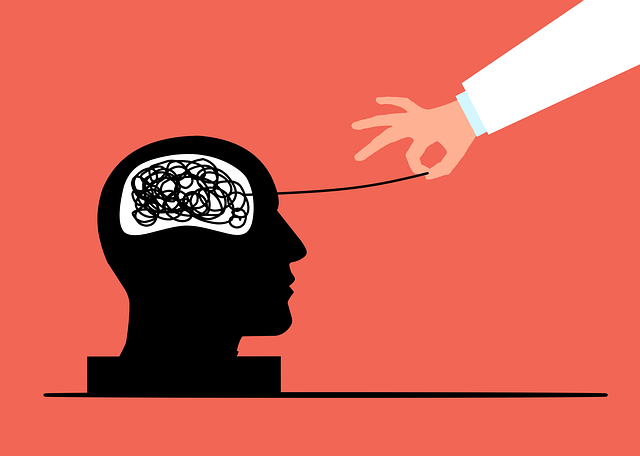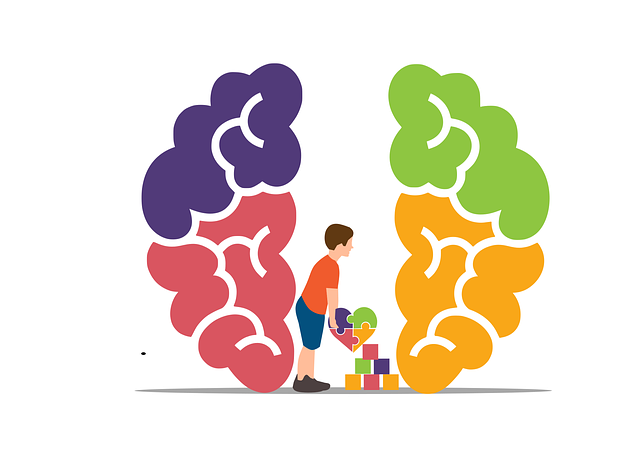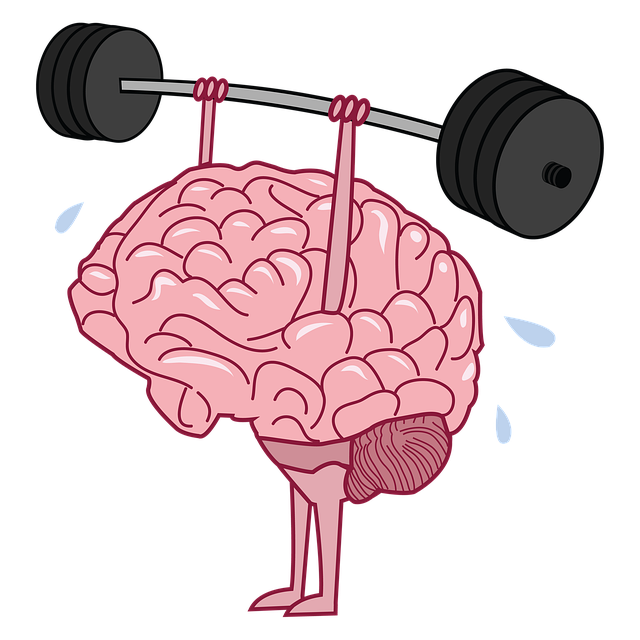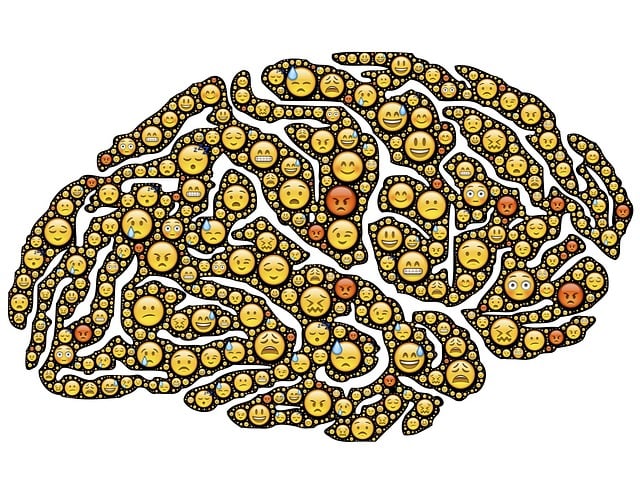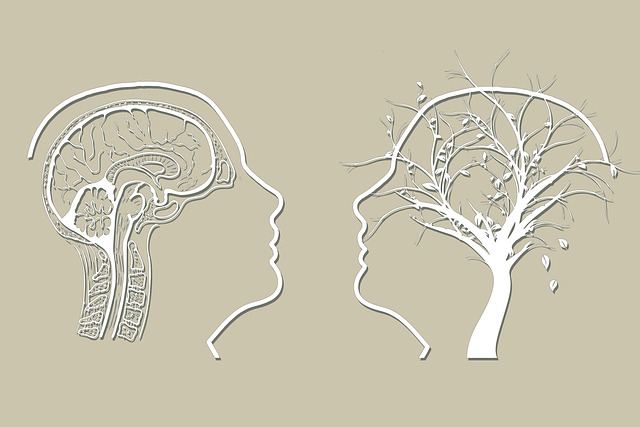Mental illness stigma is a pervasive barrier that discourages individuals from seeking essential help. This article explores comprehensive strategies aimed at reducing this stigma, including therapy, support groups, media representation, and policy advocacy. By understanding the profound impact of stigma on mental health seekers, we can foster a more inclusive society. Discover how Denver Gambling Therapy leads these efforts by combining evidence-based practices with community engagement to destigmatize mental health issues.
- Understanding Stigma and Its Impact on Mental Health Seekers
- The Role of Therapy and Support Groups in Stigma Reduction
- Media Representation and Education: Shaping Public Perception
- Policy Changes and Advocacy: A Collective Effort for Progress
Understanding Stigma and Its Impact on Mental Health Seekers

Stigma surrounding mental illness can be a significant barrier for individuals seeking help. It often manifests as negative attitudes and beliefs, leading to discrimination and shame, which in turn discourages people from pursuing treatment. This is particularly concerning for specific demographics, such as those struggling with conditions like gambling addiction, who might find themselves in a complex web of social stigma and personal guilt. In Denver Gambling Therapy, professionals are dedicated to addressing this dual challenge by not only offering specialized treatment but also educating the community about mental illness to reduce the stigma attached.
Understanding that mental health issues are common and treatable is essential. Many people struggle silently, afraid to share their experiences due to fear of judgment or loss of privacy. Coping Skills Development programs, Mindfulness Meditation practices, and Crisis Intervention Guidance can be life-saving tools in these instances. By providing a supportive environment free from stigma, Denver Gambling Therapy aims to encourage open dialogue, foster resilience, and promote early intervention, ultimately improving the mental health outcomes for all individuals seeking support.
The Role of Therapy and Support Groups in Stigma Reduction

Stigma reduction is a multifaceted approach to fostering understanding and compassion for individuals dealing with mental health issues. One powerful tool in this arsenal is therapy, which plays a pivotal role in equipping people with coping strategies and improving their overall well-being. Denver Gambling Therapy, for instance, focuses on addressing specific challenges related to gambling disorders, but the underlying principles of cognitive behavioral therapy (CBT) and other therapeutic modalities can be applied broadly. Through individual or group sessions, individuals learn to manage their moods, challenge negative thoughts, and develop healthier behaviors, thereby reducing the impact of stigma.
Support groups further complement these efforts by providing a safe and non-judgmental space for sharing experiences, offering peer support, and promoting Mental Health Awareness. These groups foster a sense of community, helping individuals understand that they are not alone in their struggles. By combining professional therapy with peer support, Denver Gambling Therapy and similar programs contribute to effective Mental Health Education Programs Design, empowering individuals to take control of their mental health while breaking down the barriers created by stigma.
Media Representation and Education: Shaping Public Perception

Media representation plays a pivotal role in shaping public perceptions about mental health and illness. Often, media outlets portray individuals with severe disorders as unpredictable or dangerous, reinforcing negative stereotypes. However, a conscious effort is required to showcase the diverse experiences of people living with mental illnesses, promoting empathy and understanding. Through balanced storytelling, documentaries, and feature films that highlight the human condition without sensationalism, we can foster a more compassionate society.
Educational initiatives, such as those provided by Denver Gambling Therapy, are crucial in this regard. They offer not only crisis intervention guidance but also empower individuals with knowledge about self-care practices. By normalizing conversations around mental health and encouraging open dialogue, these efforts contribute to reducing the stigma associated with seeking help. Ultimately, media representation and education work hand in hand to dispel myths, boost confidence in those affected, and foster a supportive environment for recovery.
Policy Changes and Advocacy: A Collective Effort for Progress

In the ongoing battle against mental illness stigma, policy changes and advocacy play a pivotal role in fostering understanding and acceptance. Collective efforts from various stakeholders—including healthcare professionals, policymakers, community leaders, and individuals living with mental health conditions—are essential to drive progress. By advocating for inclusive policies that promote early intervention, accessible treatment, and reasonable accommodations at work or school, we can create a more supportive environment. This includes updating insurance coverage for mental health services and ensuring diversity and cultural competency in healthcare settings, such as Denver Gambling Therapy centers.
Policy changes aimed at burnout prevention, inner strength development, and self-awareness exercises through education can significantly reduce stigma. By integrating these practices into schools, workplaces, and community programs, we empower individuals to recognize their own mental health struggles and seek help without fear of judgment. This collective advocacy ensures that everyone has a chance to build resilience, cultivate inner strength, and access the support they need to thrive, regardless of their background or experiences.
Mental illness stigma reduction is a multifaceted effort that includes therapy, support groups, media representation, education, and policy changes. By addressing these aspects, communities like Denver Gambling Therapy can foster a more accepting environment for those seeking mental health support. Continuous advocacy and awareness are key to breaking down barriers and ensuring equitable access to care. Through collaborative action, we can create a society where mental well-being is nurtured without fear of stigma.
